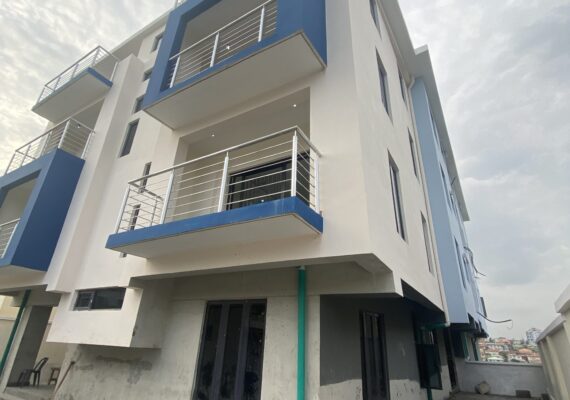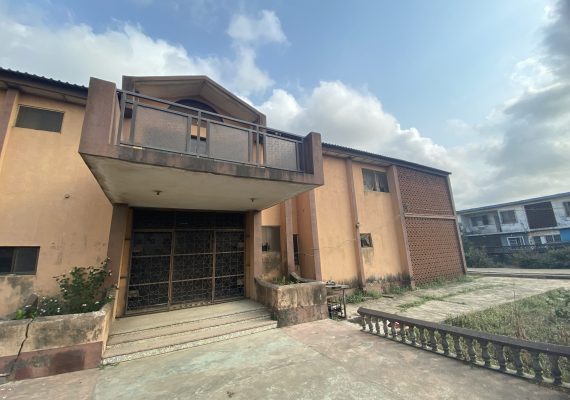LAGOS – Who should be in control of development of buildings in Nigeria? Should it be town planners or builders? This is one of the germane issues confronting the building industry
However, it is not a new development as it has been a recurrent question. While some argue that builders cannot be in control, other contend that all building processes and construction should be supervised by registered builders.
Recently, Kenneth Nduka, immediate past president of the Nigerians Institution of Building (NIoB) granted a radio interview where he stated that in Anambra State, town planners were usurping the roles of builders.
According to Nduka, there are two arms in development control-development control and building control. Development control, he said, has to do with development mapping where they identify the stakes from the roads, design of the roads, and design for services as well as utilities.
Ndukka added that building control has to do with following the building processes from day one to the completion and delivery of the building. This, he said, right now is being handled by town planners in Anambra State. He lamented that the reason is that Anambra government is not rightly advised on what to do unlike in Lagos State where there is a separate agency, LASBCA, which is fully in charge of building control.
“You know government is an authority. The extent to which government or leadership is convinced is the extent of the type of authority it deployed.”
However, Prof Chinedu Okoye, former HOD, Environmental Management, as well as current Director, Environmental Conservation and Beautification, Nnamdi Azikiwe University, Awka, Anambra State, remarked that he is aware that the Anambra State government has a structural agency which confirms that structurally, buildings are fit for human habitation.
What then, will the builder do, he asked. This, he said, is considering that there are builders hired by the developers as contractors on site doing their job. Are the government builder going to take over the job of the contractor, he asked.
“The builders role is to develop a building that has been designed by an architect. The developer hires you to do that. Maybe we need to harmonise issues but I don’t see the builder coming to follow the plans that has been approved because your job is to erect a building and if it is about structure, the engineer is there.
“Even if you say they are usually the first to be called during building collapse, it is not only one unit that is affected in the event of a collapse. The engineer is also affected, the town planner, architect are all affected. Mind you, I am not saying they are not important.”
Olufemi Akinsola, senior lecturer, department of building technology and director of research, Yaba College of Technology, however, countered Okoye by stating that the duty of the builder is well spelt out in the gazette that established them. In Lagos, for instance, he noted that there is the Lagos State Physical Planning Development Authority (LASPHYDA), which is more or less like a development control, whose responsibility, he said, ends after the approval is given. From there, he said, LASBCA takes over and now monitors building processes management and at every stage of the work, they certify it. In Ogun State, they have established the Ogun State Building Production Management Control Agency.
The misconception, he explained, is that builders are meant to be the contractors but that sometimes, professional builders are not engaged by developers.
“The government is understanding now and they are all adjusting. In the implementation processes now, some of the challenges builders have is capacity. In Ogun State right now, builders are not available in the ministry within the level 15 cadre to head the agency, so they have to pick an architect.
“There is no capacity within the Ogun State civil service. That does not mean there shouldn’t be a distinct agency. All that the state chapter has to do now is to develop the capacity of their members to be able to take up responsibility.”
Source: Independent







